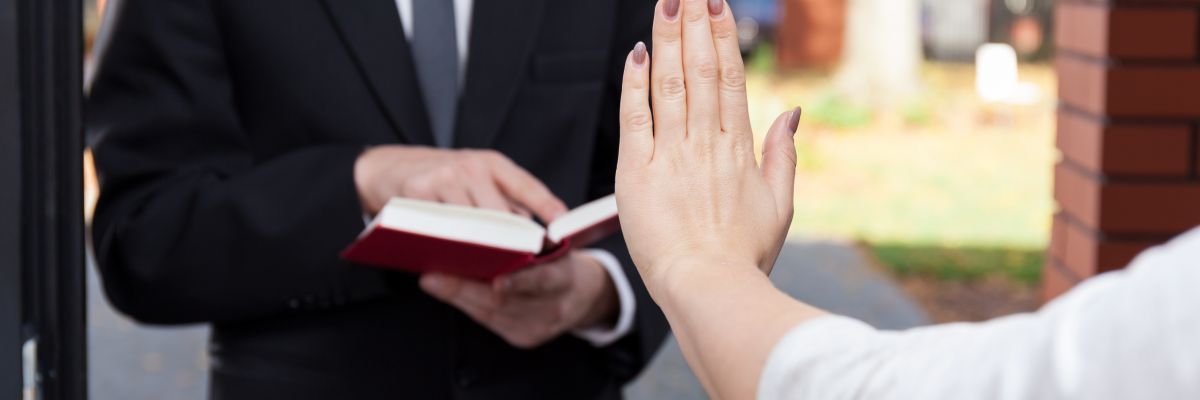
A friend of mine named Luke messaged me recently. He was in excited disbelief over his sister returning to the Catholic Church after decades away.
We met for lunch and I asked him to tell me more. They had grown up in a nominally Catholic family, but their parents didn’t believe very strongly and ultimately they divorced. Luke graduated from high school and also decided to leave the Faith. He started living a “normal” life of hedonism and sin.
His sister encountered various personal problems in her life as a young adult, but instead of leaving Christianity altogether she fell in with a group of very kind Protestants. They welcomed her into their hearts and their church, and she became a “born-again” Evangelical.
Soon family reunions got awkward, as Luke’s sisters spent most of the time making everyone uncomfortable by trying to get them to believe in Jesus. They responded as many nominal Catholics would have: by telling her they already knew about Jesus but weren’t interested in going to church, Catholic or otherwise.
Eight years passed, and Luke himself had a reconversion. He went through an RCIA-like program for cradle Catholics at his local parish, and his life began to change. But a personal conversion was not enough: he still had to deal with his sister and her increasingly anti-Catholic attacks.
He began reading apologetics books, including mine, and he started plying some of the arguments with her. She was not moved in the slightest. He felt baffled by how ineffective they were, since he knew them to be true and powerful.
One day on the phone she said to him, “You never come and visit me. Ever since Dad died, I’ve wanted my big brother to comfort me, and yet you only have time for yourself and your youth group, a bunch of kids you’re not even related to!” (Luke had started volunteering at his parish’s youth group as an adult mentor.)
Luke was angry after this conversation, and for several weeks he stewed about it. Then one day the Holy Spirit showed him that his sister’s accusations contained a good deal of truth. He had not been there for his little sister. He had not been a good big brother. Yes, he’d had a conversion, but in this area of his life he was lacking.
Luke called his sister, and she was ready for him to start making excuses. Instead, he told her, “You were right about me. I’ve not been a good big brother. I’m so sorry. Will you please forgive me?”
She forgave him, but something else happened that he wasn’t immediately aware of: his sincere apology melted the barrier between them, and between her and the faith of her childhood. Over the next month, they had long conversations in which she asked questions instead of arguing. She wanted to know about Luke’s Catholicism and why it made sense, and he began with the canon of Scripture. It all fell into place for her starting from there.
Then one Sunday morning she called him and said, “Guess where I am? I just went to Mass at our old parish!” In less than one month after his apology, in spite of having absorbed a decade of anti-Catholic Protestant rhetoric, his sister returned to the Catholic Church.
Although Luke was thrilled, he also cringed, wondering if his sister had received the Eucharist without going to confession. It turns out she had, but rather than pointing this out to here immediately and possibly taking all the wind out of her new Catholic sails, he drove three hours to visit her for the week.
While there, he told her that he planned to go to confession and asked if she wanted to come. She asked him why he was going, and he told her that before he received Jesus in Holy Communion, he wanted to be forgiven of his sins. They talked about confession and its biblical basis in John 20, and she told him that she wanted to go as well.
She called the parish and made an appointment with the priest and went to her first confession after twenty years.
In the case of my friend Luke and his sister, it wasn’t a theological argument that was most needed, but a demonstration of love from a big brother. The apologetics came after.
I have seen this so often: the message is only valued as much as the messenger is respected. People need to see that you care, that you love them, before they can weigh the evidence you present.



